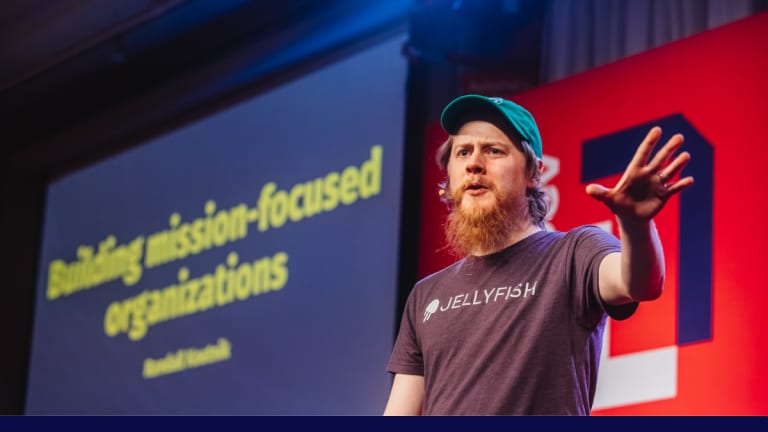The world of engineering is fast paced, competitive and at times ruthless. Silicon Valley portrays engineering companies as constantly “out innovating” their competition by fostering a dog-eat-dog mentality. Yet we must step back and ask, how do companies truly manage to innovate and outpace their competition?
The answer is communication. Social science researchers have shown that how managers communicate plays a pivotal role in company success. In this talk, you will hear about the three main categories of communication — pathological, bureaucratic and generative — and the important role they each play in a company’s success and failure.
You’ll learn how using a generative approach lets employees see how their work is having an impact and imparts a sense of ownership and value. I will also lay out the quantitative and qualitative benefits of a mission-focused management approach, from measurable increases in productivity to satisfied engineering teams engaged in work that excites them.
How we behave as leaders can have a massive impact on how our organization behaves. Do we encourage experimentation by celebrating failure, or do we shut down anyone who brings up potential issues? It’s time to pull back the curtain and face the facts: how we communicate determines whether a company thrives or fails.





